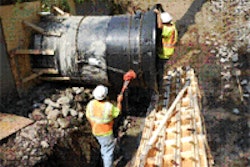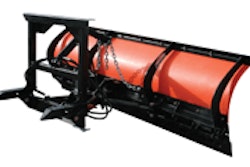The U.S. Environmental Protection Agency on April 23, announced the availability of up to $20 million grant funding for the 2012 fiscal year to establish clean diesel projects aimed at reducing pollution from the nation’s existing fleet of diesel engines and improving air quality. In addition to these grants, about $9 million will be available through direct state allocations. EPA estimates that for every $1 spent on clean diesel funding, up to $13 of public health benefit is realized.
“Technology has evolved to make diesel engines more efficient and cleaner than ever,” says Gina McCarthy, assistant administrator for EPA’s Office of Air and Radiation. “These grants enable owners of older diesel vehicles to make investments that modernize their vehicles while making the air in their communities cleaner and healthier to breathe.”
This is the first competition since the Diesel Emission Reduction Program, also known as DERA, was reauthorized in 2011. The program cleans up existing diesel vehicles, many of which can be operated for decades, by targeting projects that utilize the most cost-effective clean diesel strategies.
EPA has standards in place that make new diesels more than 90 percent cleaner, but older diesels that predate these standards emit large amounts of air pollutants such as nitrogen oxides (NOx) and particulate matter (PM). EPA says nearly 11 million older diesels still operate throughout the nation’s transportation system.
States, tribes, local governments and nonprofits are eligible to apply for these grants. Projects can reduce air pollution from older heavy-duty diesel trucks, school buses, transit buses, marine engines, locomotives and other diesel engines. The closing date for receipt of proposals is June 4.









